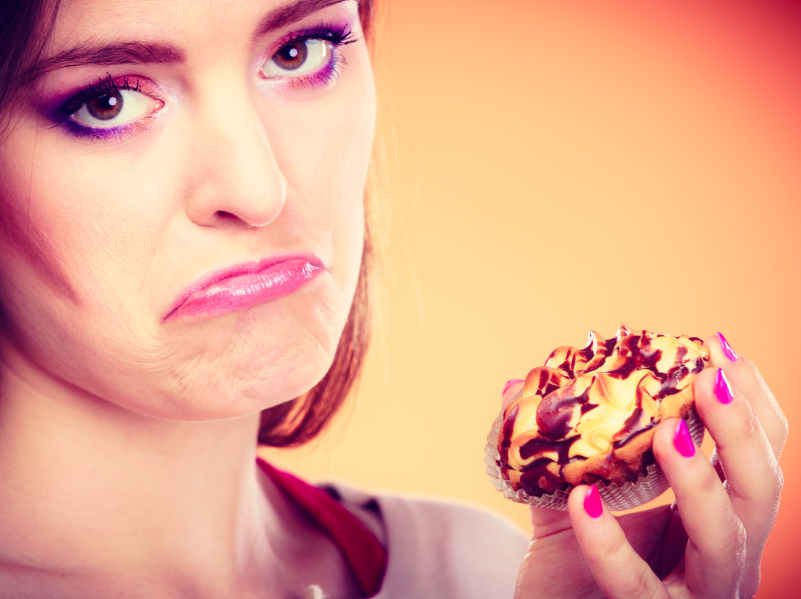 Most people understand that the first rule for insomniacs is to monitor your caffeine intake. This means that drinking coffee at night should be avoided at all costs for at least eight hours before you go to bed. You should also avoid anything that contains caffeine, including black tea, green tea, and chocolate.
Most people understand that the first rule for insomniacs is to monitor your caffeine intake. This means that drinking coffee at night should be avoided at all costs for at least eight hours before you go to bed. You should also avoid anything that contains caffeine, including black tea, green tea, and chocolate.
A new study published in the Journal of Clinical Sleep Medicine, researchers found that eating more saturated fat and sugar is linked to a disrupted sleep that is lighter and less restorative.
The results showed that greater fiber intake in the person’s diet predicted more time in a deep, slow wave sleep. On the other hand, a higher amount of saturated fat predicted less slow wave sleep.
In general, a person will sleep in different stages at night, and it is thought that they sleep the deepest during the first third of sleep at night—and it is the stage that people are least likely to wake up.
For the randomized, crossover study, the researchers observed 26 adults between the ages of 30 and 45-years-old. The participants spent nine hours in bed between 10 p.m. to 7 a.m. during a five-night stay at a sleep lab. On average, each participant slept for seven hours and 35 minutes. Data was later gathered with a polysomnography (a sleep study), and analyzed after the third night.
The study also found that the participants had better sleep when they ate high-protein and low-saturated fat meals that were prepared by a nutritionist, when compared to meals selected by the participant. When choosing foods and beverages it took the participants an average of 29 minutes before falling asleep; however, it took only 17 minutes to sleep from the nutritionist-selected meals.
“The finding that diet can influence sleep has tremendous health implications, given the increasing recognition of the role of sleep in the development of chronic disorders such as hypertension, diabetes, and cardiovascular disease,” explained Marie-Pierre St-Onge, the study’s lead researcher and an assistant professor in the department of medicine at the Institute of Human Nutrition at Columbia University Medical Center in New York.
The study authors concluded that diet recommendations could help improve sleep in those with sleep disturbances.
However, not eating at night altogether may be the best approach to a good night’s sleep. Fasting at night can help with sleep, digestion, and overall health. In other words, after dinner you would stop any food or heavy drink consumption until breakfast the next morning. The idea is that you are putting your digestive system through less work. Lying down will slow gastric emptying while sleeping.
Previous studies have even linked digestive problems with sleep disturbances. For example, a survey published in the December 2004 issue of Mayo Clinic Proceedings would observe indigestion, heartburn, and irritable bowel syndrome among people suffering from insomnia. The study included 2,269 respondents, and 15% reported that stomach pain woke them up at night.
To improve sleep, consume foods high in magnesium and calcium, including collard greens, kale, cabbage, broccoli, almonds, and walnuts. Other good foods for sleep include tryptophan-heavy turkey, chicken, or pumpkin seeds.
Keep in mind that alcohol consumption at night also affects deep, slow wave sleep, and therefore alcohol should be limited. If you suffer from insomnia, alcohol should be avoided completely. Increasing exercise is also very influential in sleep.
Sources for Today’s Article:
St-Onge, M.P., et al., “Fiber and saturated fat are associated with sleep arousals and slow wave sleep,” Journal of Clinical Sleep Medicine, 2016; 12(1): 19%u201324, doi: 10.5664/jcsm.5384
